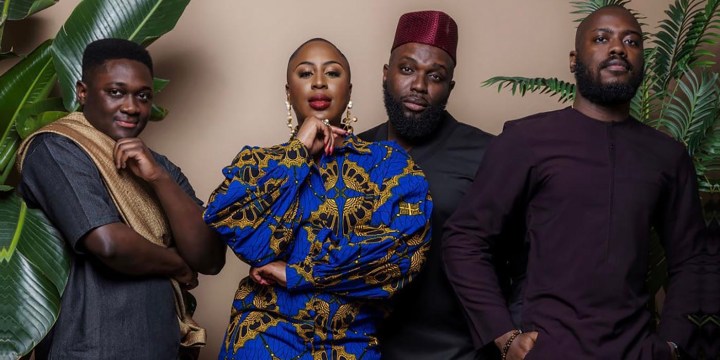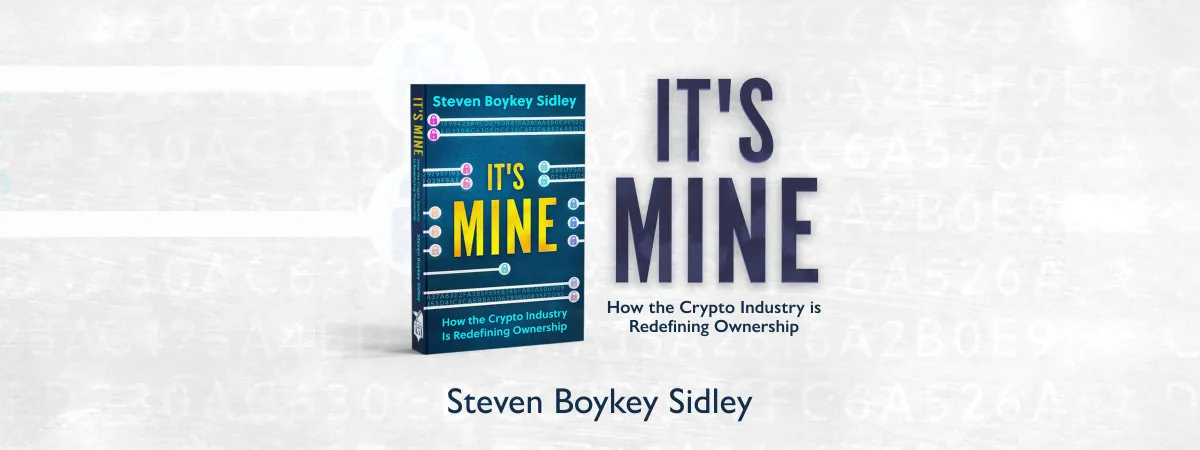GUEST ESSAY
The African enterprise aimed at creating the world’s first network state

Here is the high concept — use digital and blockchain technology to attract a bunch of people with ‘common values and purpose’ into a global community that is big enough and powerful enough and rich enough to declare itself a country.
It’s easy to be an Afro-pessimist. The cumulative performance of African countries since they shook off the shackles of colonialism has been tragic. Even listing the failures is a tiresome exercise — kleptocratic governments, dysfunctional or non-existent citizen services, crumbling infrastructure, electoral theft, corruption, incompetence. It’s a dispiriting drumbeat, with only rare exceptions.
And yet.
A few recent technologies have found Africa ahead of the curve. The first sprang from the irony of having little or no legacy of landline telephones. Communications first arrived with mobile; there was little to replace, no entrenched legacies to battle. This caused a tsunami of service innovation, often faster than anywhere else. The mobile became far more than a communication device — it became a money remitter, an invoice generator, a price-discovery vehicle, a market, a bank. Well before smartphones arrived. These services were unavailable to most of the continent’s citizens before the mobile, now they are available to most. Africa’s poverty became its mother of necessity.
Chika Uwazie and Eche Emole are Nigerian by birth, founders of a movement called Afropolitan, which began in 2016. It started as a service for the 150 million-strong African diaspora, for whom they organised parties and delivered news and held events, including a massively successful 2019 Year of Return event in Ghana, which invited African expats to visit the country to celebrate the resilience of their continental cohort.
And then the pandemic hit and forced a pivot. This time in the direction of online audio communities via the newly released Clubhouse audio app from Twitter. There they quickly amassed more than 50,000 listeners and participants.
That could have been the end of it — merely a successful digital outreach to the diaspora. But in April 2021, a blog was published by US tech entrepreneur Balaji Srinivasan called The Network State (later published in 2022 as a book). In terms of aspiration, it is breathtakingly ambitious.
Here is the high concept — use digital and blockchain technology to attract a bunch of people with “common values and purpose” into a global community that is big enough and powerful enough and rich enough to declare itself a country.
In Srinivasan’s calculus, the heft of a massive common-purpose, common-value community representing wealth and bargaining power would ensure recognition. Lest this strike you as a bit fanciful, consider that Facebook reaches three billion people. There are, notoriously, no common values or purpose among its users but, if there were, they would wield just the sort of “network state” power that Srinivasan imagines.
So, in 2021, in mid-lockdown, Uwazie reads this article and the next morning (after a sleepless night, in his telling) announces that Afropolitan is going to pivot again. It is going to build a network state populated by like-minded Africans whose citizens would be drawn from 1.5 billion continental inhabitants and another 150 million expats.
It is going to build a country.
Why? you may ask. Because, as he sees it, Africans are better than their rulers, and Africans should declare their independence from them — by setting up a network state to compete with the long list of failed African nation-states and their irreparable institutions of dreadful governance.
Iwazi and Emole and the rest of the Afropolitan team are painfully aware of the failings of their continent, and they are aggressively optimistic about the cure. Their diagnosis of the problem carefully steers clear of countries, parties, political systems and even colonial histories. They believe the root cause of Africa’s malaise is centralisation. Centralisation of power structures is so strong and so hermetically sealed off from accountability that there is little chance of change.
Their website does not mince words:
“Scarcity. Weakness. Poverty. Wherever we look and wherever we are, Africans worldwide are subjects, not citizens. Access to opportunity is scarce. Security is not guaranteed. For the most part, life is just about surviving, not thriving.”
And the antidote, decentralisation, is the DNA of the entire crypto enterprise. It seemed as though Srinivasan’s network state with its blockchain governance and cryptocurrency and unhackable identities was a perfect fit for Afropolitan’s vision of a better Africa.
Once the Afropolitan team had absorbed the network state concept, they devised a four-point plan to get from here to there.
First, building an online network and issuing NFT “passports”; next, developing an app to enable interaction, entertainment and trade for “citizens”; then providing quasi-governmental services and economic structures; and finally buying land and negotiating sovereign recognition as a country.
There may be a bit of eye-rolling here, but Afropolitan has already managed to raise initial venture capital funding of more than $2-million from more than 25 companies and individuals, all of whom believe that Africa is the next big thing and that Afropolitan may have found the key to unlock its potential.
I am not convinced that the entire concept of a network state is practical. Afropolitan is one of several attempts to create this new form of political governance and one can imagine any number of insurmountable problems along the way — armies, policing, healthcare, infrastructure, international treaties and so on.
But I suppose it is easy to naysay.
Maybe a dollop of Afro-optimism should be supported and celebrated. DM
Steven Boykey Sidley is a Professor of Practice at JBS, University of Johannesburg. His new book, It’s Mine: How the Crypto Industry is Redefining Ownership, will be published this month.



















The concept of the city state that decentralizes decisions and the potential of AI that reduces most of the economies of scale for delivering services and for production all contribute to the potential for very different economic and political systems that are small scale and locally responsive and accountable…..